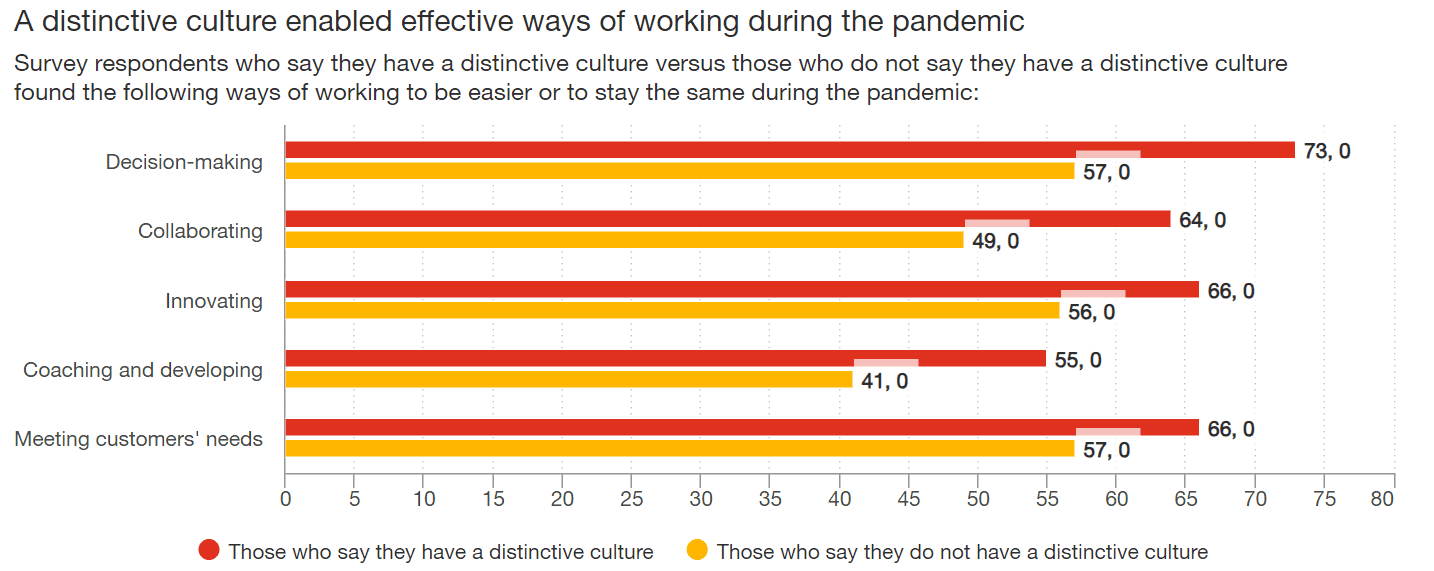Introduction
In the ever-evolving landscape of business, understanding the dynamics of company culture, employee engagement, and loyalty is pivotal, especially for Small and Medium-sized Enterprises (SMEs). The recent leadership crisis at OpenAI, a trailblazer in Artificial Intelligence research, offers invaluable lessons in these areas. This blog post aims to dissect these developments to glean insights relevant to SMEs, focusing on the significance of visionary leadership, a cohesive culture, and robust employee engagement.
Context Setting
When OpenAI’s board decided to oust CEO Sam Altman, the shockwaves were felt far beyond the confines of the company. The decision led to an extraordinary and unified employee response, with 745 out of 770 employees ready to resign in protest. This collective stand was not merely a reaction to a leadership change but a resounding affirmation of their commitment to the company’s values and direction under Altman. This incident at OpenAI serves as a profound case study in employee engagement and company culture. The workforce’s united stance illuminated a culture deeply intertwined with shared objectives and ethical AI development practices. It revealed a level of investment in the company’s mission rarely seen, highlighting the employees as not just workers but fervent advocates of OpenAI’s vision and leadership. Such a scenario exemplifies the immense impact of aligning company culture with employee values, creating an environment where employees are wholeheartedly committed and actively championing their organization’s mission and goals.
The Role of Leadership and Vision
Sam Altman’s tenure as CEO of OpenAI was notable for its focus on a clear vision and ethical considerations in AI development. His approach facilitated a company culture where transparency and ethical stewardship were emphasized. While the full details of the board’s decision to oust him remain unclear, the reaction from the employees highlighted their strong connection to the culture and direction established during his leadership. This scenario offers an important lesson for SMEs: the impact a leader can have on cultivating a workplace environment where employees feel aligned with the company’s values and mission.
Implications for SMEs
Distinctive company culture is more than an abstract ideal; it’s a concrete asset, particularly in testing times. The chart we’ve included elucidates how a strong culture facilitates critical business operations even during crises, such as the global pandemic. It shows that companies with a distinct culture have a competitive edge; they excel in decision-making, collaboration, and innovation—73% report ease in decision-making, significantly higher than those without such a culture. These statistics highlight how a robust culture can serve as a bulwark against disruption, ensuring business continuity and customer satisfaction. For SMEs, this is a compelling argument to proactively cultivate a resilient and distinctive culture.

PwC’s Global Culture Survey 2021 highlights the effectiveness of distinctive company culture in enhancing key workplace activities during the pandemic.
Addressing Common Misconceptions
- “Company Culture Only Matters in Large Corporations”: SMEs can greatly benefit from a strong culture, which can be more rapidly and effectively implemented due to their size.
- “Financial Incentives Are the Best Motivator”: Recognition is equally important. 69% of employees would work harder if recognized more.
- “Leadership Is Less Important Than Company Policies”: Leadership greatly impacts company culture, with a 70% difference in culture quality between companies with great versus poor team leaders.
Expanding on Culture-Building Strategies
Building a culture similar to OpenAI’s involves several strategic steps that SMEs can adopt:
- Cultivate a Shared Vision: Beyond just stating a vision, embed it into every aspect of your business operations. Let your vision guide your hiring, training, and decision-making processes.
- Promote Transparency and Trust: Foster an environment where honesty and integrity are paramount. Transparent communication builds trust, which is essential for a cohesive workplace culture.
- Encourage Innovation and Creativity: Like OpenAI, encourage your employees to think innovatively. Create a safe space for new ideas and reward creative problem-solving.
- Build a Supportive Environment: Support goes beyond work-related aspects; it’s about creating a culture where employees feel valued and supported both professionally and personally.
- Regular Check-ins and Feedback: Implement regular check-ins with employees. This not only helps in understanding their challenges but also in acknowledging their achievements.
Conclusion
The OpenAI saga serves as a powerful reminder of the critical role culture and leadership play in employee loyalty and engagement. For SMEs looking to harness these elements, the journey towards a transformative culture and effective leadership strategies is pivotal. If your organization aims to cultivate such a culture, Clover HR is here to guide and assist. Contact us for expert consultation on culture change, strategy, and building a workplace environment where your employees are as committed to your success as you are.


